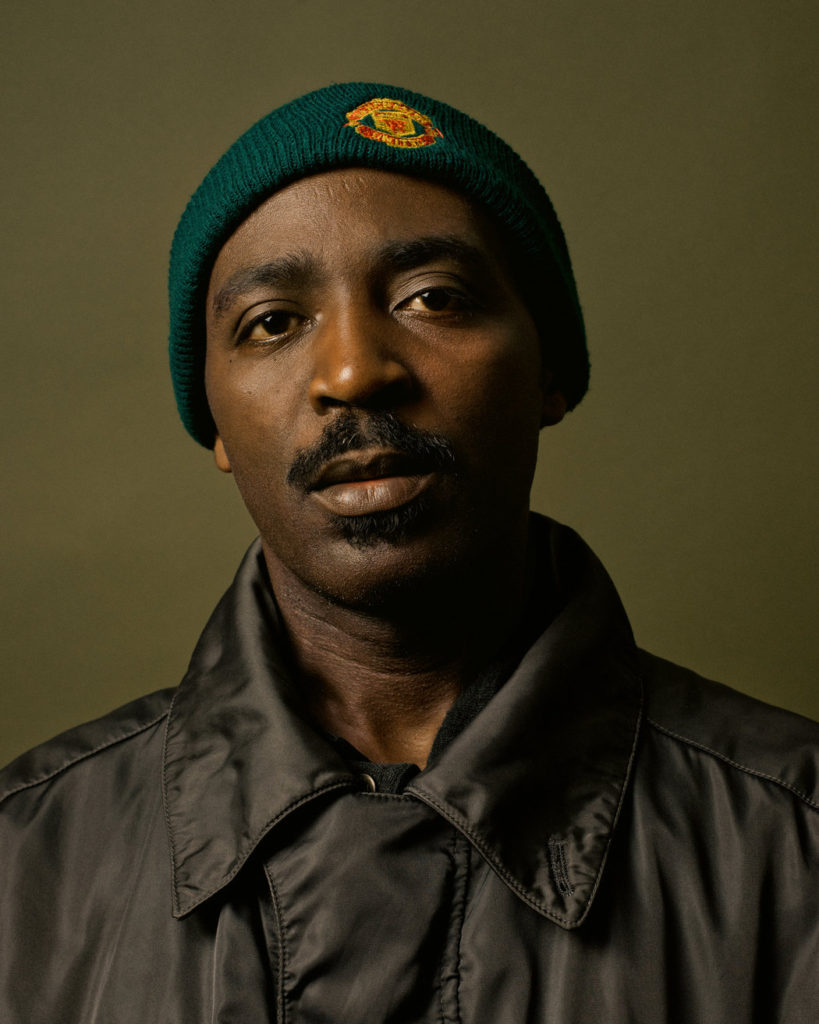
Only about 10.5% of Americans claim Irish ancestry, but that doesn’t stop the rest of us from celebrating the proud history of the immigrants who came before us.
Though our national love of St.Patrick’s Day and all things Irish might be hard for outsiders to understand, the day has really become a chance to celebrate the optimism and bravery of those who left their home countries on the gamble that they could have a better life here in the US. Their stories of hardship, hard work, and hope for the future continue to be a source of pride and inspiration and have enriched the fabric of the country.
That same American spirit can be found in the stories of today’s immigrants, though the nature of jobs in the US and how we think about work has changed dramatically since the days of our grandparents.
No one knows this better than UFCW members, many of whom work in service work or in food processing— work that is difficult to outsource overseas or replace with machines. A recent New York Times feature highlights nine different workers in the new and upcoming American workforce – including UFCW Local 75 member, packing worker, and refugee, Ruhatijuru Sebatutsi.

A Congolese refugee, Sebatutsi fled war in Congo as a teenager, spending years in a Rwandan refugee camp before coming to Ohio in 2015. He lives with his wife and eight children in Columbus, Ohio. Every day, he travels with ten of his co-workers to a small town to work each day cutting meat at the SugarCreek Packing Company, which produces pork and poultry products.
He works seven days a week, but he makes time and half on Saturdays and double on Sundays. Of his union job, he says, “I am so lucky.”
Since Sebatutsi started last November, he has opted to work every day, which he said is the best part of the job. “There’s a lot of overtime, and you can make money.” Life here is far better than life in Gihembe. “The kids can ask you for something, you cannot provide,” he said. “But here you work, you take care of your problems, you do something for yourself.”
Like generations before him, Sebatutsi sees the long hours he puts in as a sacrifice he is willing to make in order to build a better future for his family.
